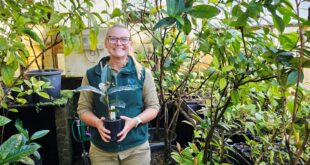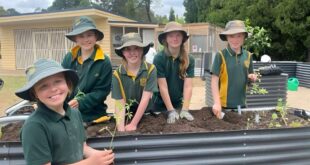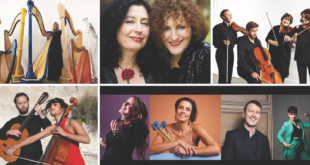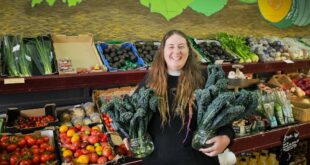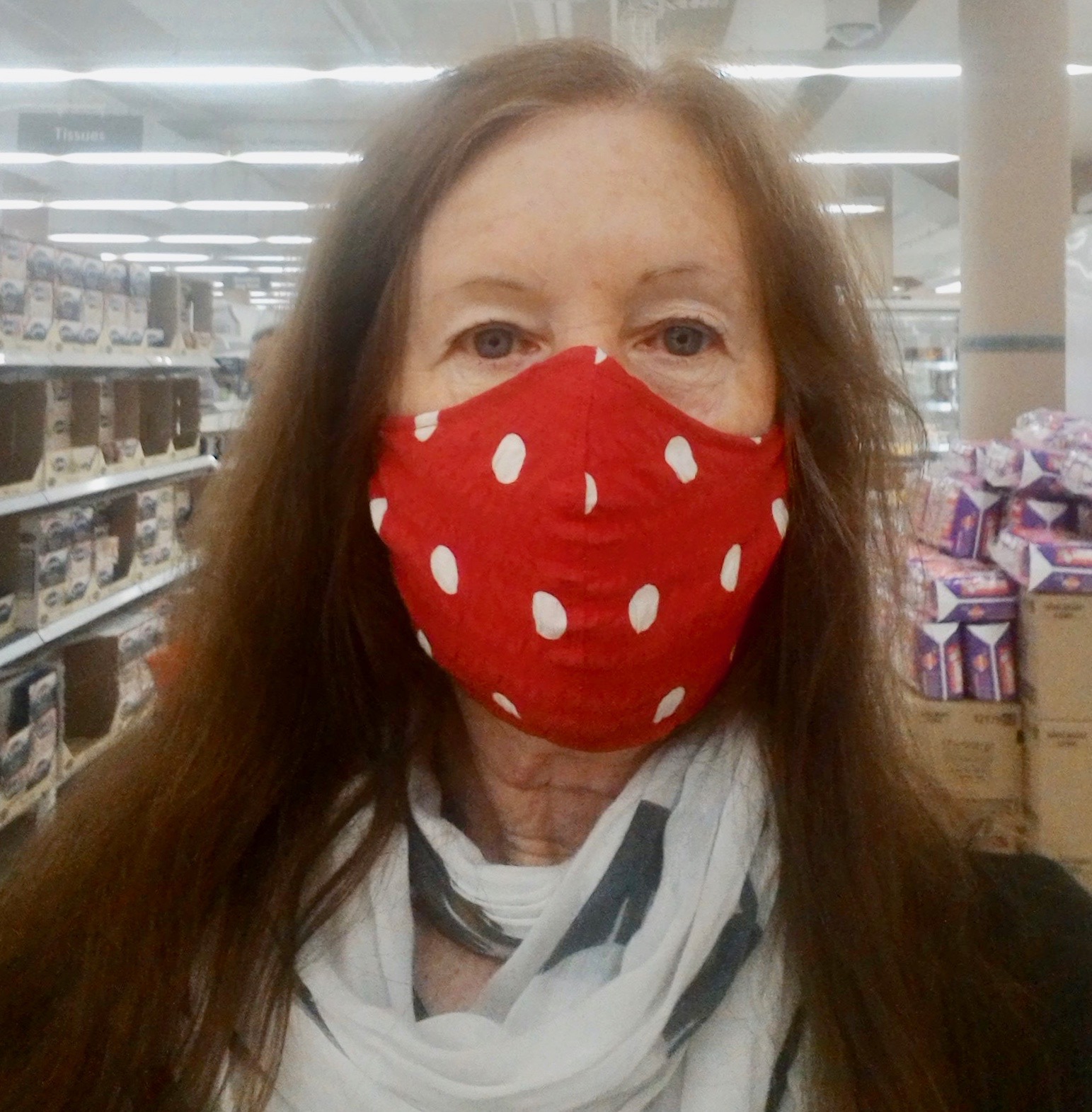
Deidre Ikin wearing a home-made mask while out shopping
How quickly (and understandably) people’s positions are changing in this volatile world we currently find ourselves in! It’s only been a matter of weeks since the WHO and many global leaders said there was no need for anyone, other than health workers, to wear masks during this pandemic. We now know that this position was taken because of a global shortage of masks, and in particular, a global shortage of a type of non-woven polypropylene that acts as a filter in masks. It’s called ‘meltblown’ and is used in nappies, jackets, water purifiers and air conditioners. Some companies supplying meltblown equipment say it will take up to two years to deliver new machines. You can read more about it here
Now, despite the shortage of meltblown, the WHO, many airlines and major cities and countries, are now making it compulsory to wear masks in public places – this currently includes New York, Germany, Austria, Poland, the Czech Republic, Slovakia, Bosnia and Herzegovina, Morocco, Turkey, Beijing, Shanghai, Indonesia, Vietnam, the Philippines, and even relaxed Jamaica. Spain has made masks compulsory on public transport; Singapore shifted its advice last week; and the Indian government has issued a manual explaining how to make reusable masks at home.
And then, of course, there’s the cultural issue of wearing masks. Until recently the idea of wearing a mask was alien to us in Australia – except this last summer when we began to contemplate mask-wearing to cope with the dreadful air quality produced by the bushfires. In East Asia, however, it’s been cultural to wear masks for quite some time. It’s a sign of respect for others and a way to demonstrate our collective responsibility to reduce disease transmission. In India folk artists are now producing artworks of gods and ordinary people of all ages wearing masks.
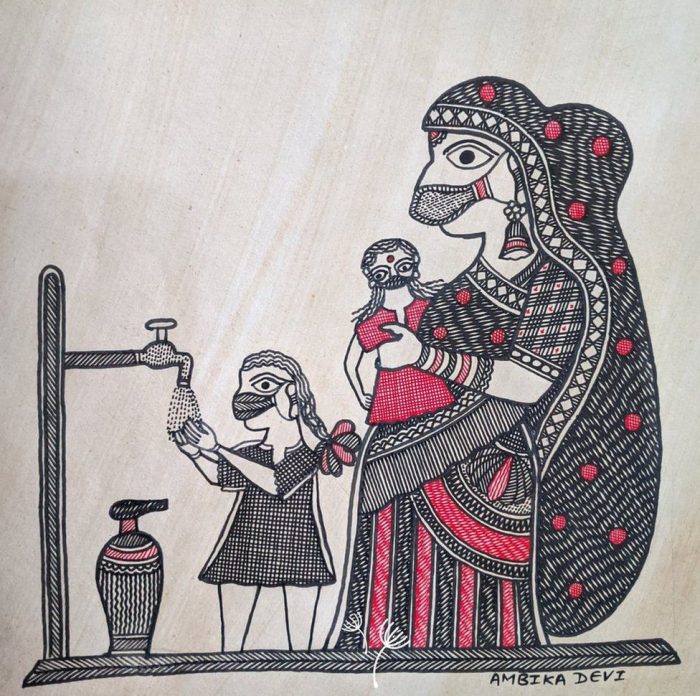
Regardless of the many debates, it’s clear that wearing masks prevents you from touching your face while out in public, and reduces some of the aerosol transmission that’s happening with coronavirus. Early in the pandemic, Graham Medley, a professor of infectious disease modelling at the London School of Hygiene and Tropical Medicine, said that instead of thinking about protecting themselves, people should pretend they are already infected and try to protect others.
Sounds like a sign of respect for others.
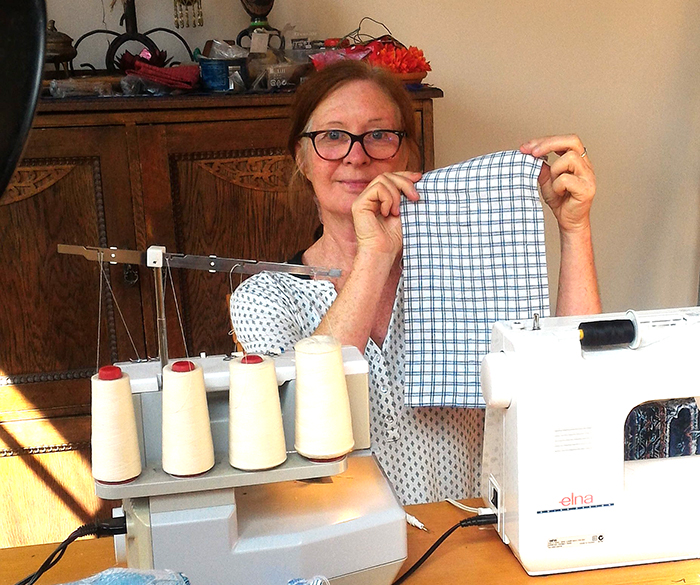
Deidre Ikin making a mask
Blackheath local, Deidre Ikin, became concerned early on about the vulnerability of many in our community, and took it into her own hands to start making masks on the 22nd March – initially for herself and loved ones. She was soon joined by neighbour Bob Rollins who has become her mask-making ‘buddy’.
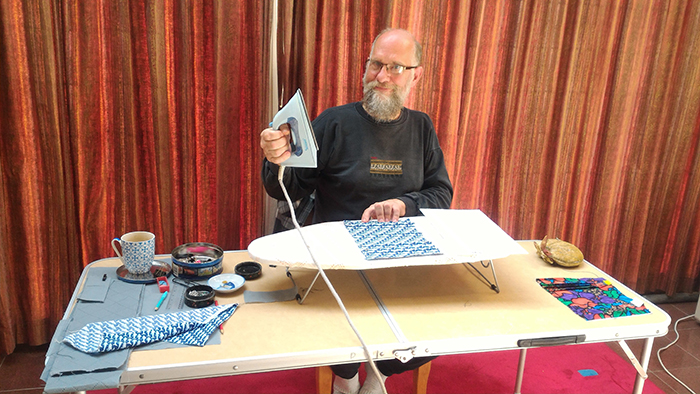
Bob Rollins ironing fabric for mask making
Between them they’ve now made and distributed over 60 masks and connected up with The Aussie Face Mask Project, which is an Australia-wide network of volunteers which stepped up to make masks and scrub caps for hospitals and aged-care facilities when none were available.
Deidre says, “I love being part of this group. Initially I made masks for people I knew. I always had the person I was making it for in mind. It was my way of symbolically trying to keep them safe. It was practical and tangible and a way to channel the worry I felt in a way that might make a difference.” Now she and Bob make masks for other vulnerable people.
With over 28 years experience working as a counsellor and therapist in health and community services in rural, remote and isolated areas in Australia, Deidre became particularly concerned about the vulnerability of indigenous people.
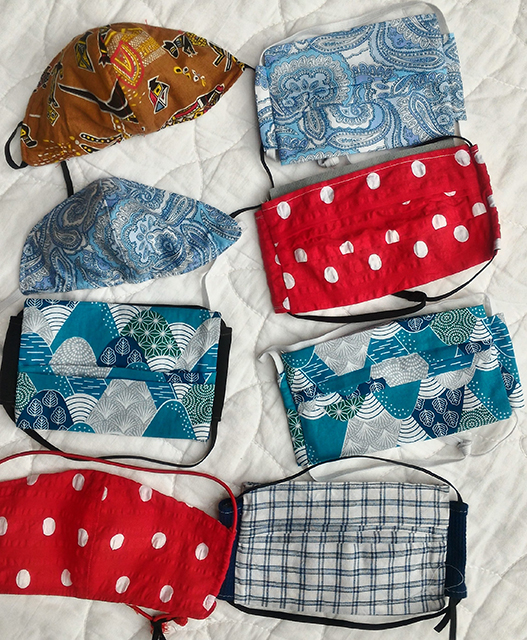
Mask styles
In March she researched masks and put patterns onto her website here to assist others to make them too. There are now many patterns available on the internet, including through The Aussie Face Mask Project which has a Facebook group here
If you’d like to get in touch with Deidre you can do so via Eco Health Oz
